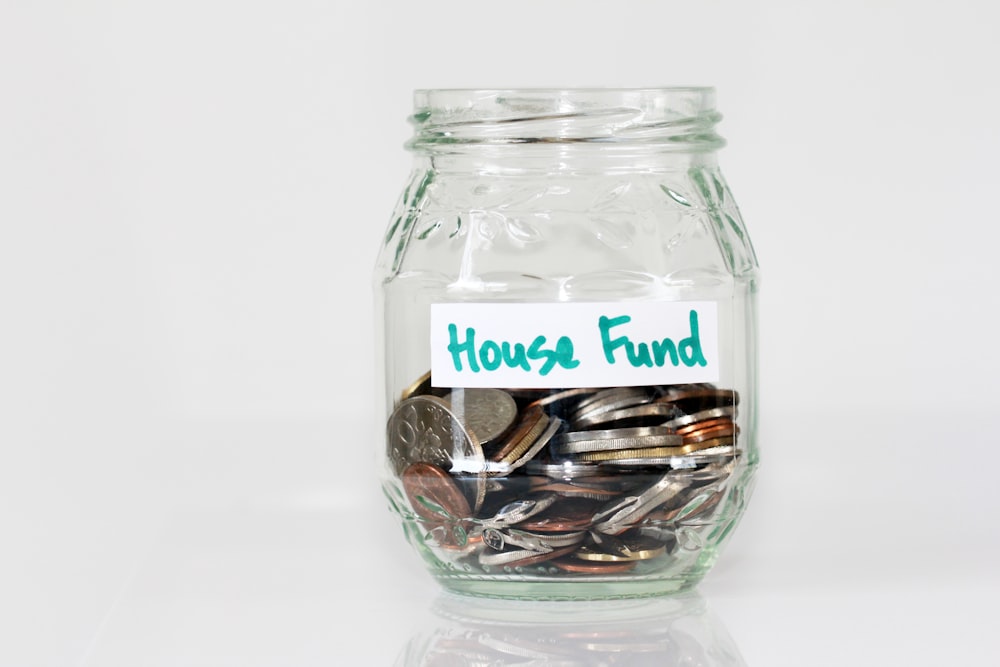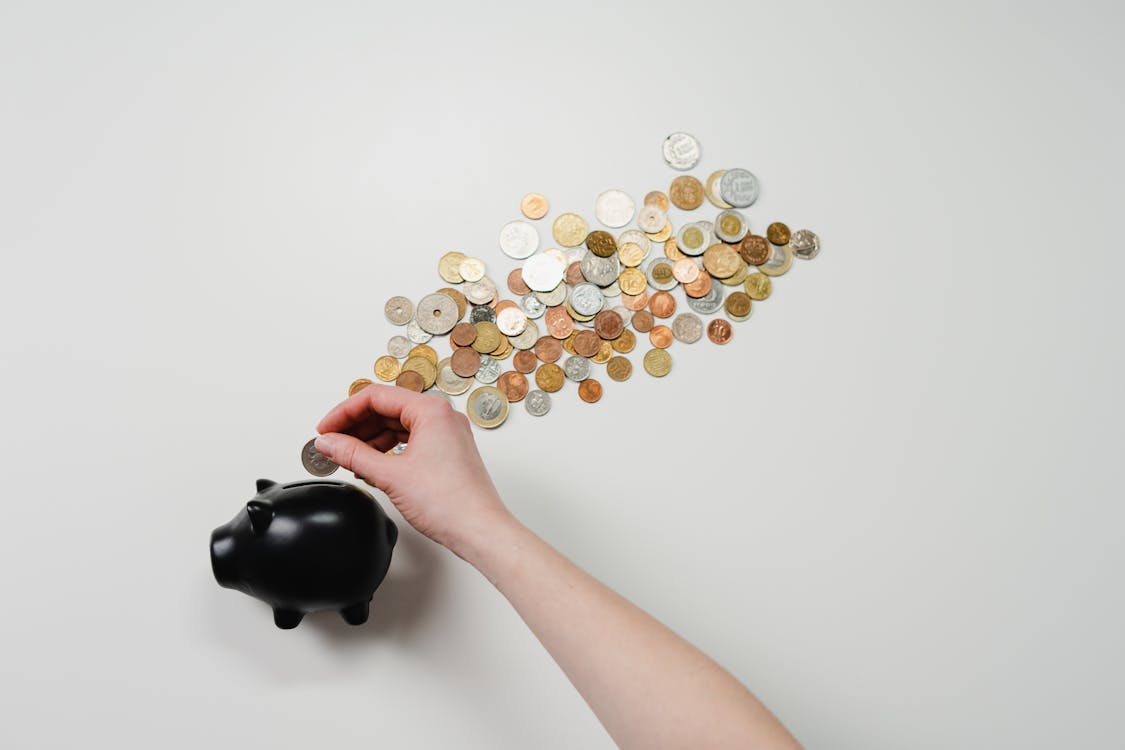It’s no secret that life is full of surprises. And while some surprises are good, like a birthday party or a new job, others can be less than desirable, like an unexpected car repair bill or a medical emergency. Unexpected expenses can quickly derail your budget, no matter how much you save.
Being in a progressive tiny city like Singapore, it’s so important to have an emergency fund. An emergency fund is a savings account that you can use to cover unexpected expenses. It’s there to help you avoid going into debt or dipping into your long-term savings, like your retirement account.
Building an emergency fund can seem daunting, but it doesn’t have to be. Here are a few tips to help you get started:
Top 8 Tips For Handling Your Emergency Fund
Tip #1: Automate your savings
Set up a recurring transfer to your savings account from your other accounts so that you’re automatically saving each month. This will help you make headway on your emergency fund without even thinking about it.
Since emergency funds should cover three to six months of living expenses, start by saving $50 per month if your monthly expenses are $1,500. Suppose your monthly expenses are $3,000; save $100 per month. And so on.
Tip #2: Start small
You don’t have to have your whole emergency fund saved up before you start using it. It’s best to start small and build up your fund over time. Start by setting a goal of $500, and then increase your savings goal as you get closer to your target number.
This way, you won’t be tempted to dip into your emergency fund for non-emergency expenses, and you’ll be able to build up your savings more quickly. You’ll be less likely to experience financial hardship if and when an unexpected expense arises.
Tip #3: Keep it accessible
An emergency fund is no good if you can’t access it when you need it. That’s why it’s essential to keep your emergency fund in a savings account that you can quickly transfer money from, like a high-yield savings account. This way, you’ll be able to get to your cash quickly if you need it.
You should also avoid investing your emergency fund in stocks or other volatile investments. While these investments may offer the potential for higher returns, they’re also more likely to lose value in the short term. This means that you could lose money if you need to tap into your emergency fund.
Tip #4: Save your windfalls
When you get a bonus at work or a tax refund, don’t spend it all at once. Save some of it to help grow your emergency fund. This will help you reach your goal more quickly and give you a cushion to fall back on if an unexpected expense comes up.
Of course, you don’t have to save every windfall you receive. If you need help getting started, try saving 10% of each windfall and gradually increase the amount you save over time.
Tip #5: Cut back on expenses
If you are living in a commercial center and you’re trying to save money for an emergency fund, you may need to cut back on some of your regular expenses. Take a close look at your budget and see where you can cut back, even if it’s just a little. Every bit helps!
But if you’re still working on your emergency fund when something unexpected happens, you can always apply for a personal loan in Singapore to cover the expense. Just be sure to pay off the loan as soon as possible so that you don’t end up in debt.
Tip #6: Review your fund regularly
Once you have an emergency fund in place, it’s essential to review it regularly. This will help you ensure that your fund is still adequate and on track to reach your goal.
Reviewing your emergency fund is also an excellent time to reevaluate your savings goals. If you’ve had a significant life change, like getting married or having a child, you may need to adjust your plan accordingly.
Tip #7: Use it for emergencies only
Once you have an emergency fund in place, it’s essential to use it only for true emergencies. This may seem like common sense, but it’s easy to dip into your emergency fund for non-emergency expenses.
If you’re using your emergency fund too frequently, it’s a good sign that you need to reevaluate your budget. Make sure you’re not spending more than you can afford, and look for ways to cut back on your regular expenses.
Tip #8: Build it back up
If you do have to use your emergency fund, don’t panic. It’s important to remember that an emergency fund is for emergencies. You may have to deplete your fund to cover an unexpected expense.
Once the emergency is over, it’s time to rebuild your fund. Begin by setting a new savings goal and putting money away each month.
An emergency fund is a crucial part of your financial security. By following these tips, you can make headway on building your emergency fund to help you weather life’s surprises. So, don’t wait — start saving today!
Read Also:
































